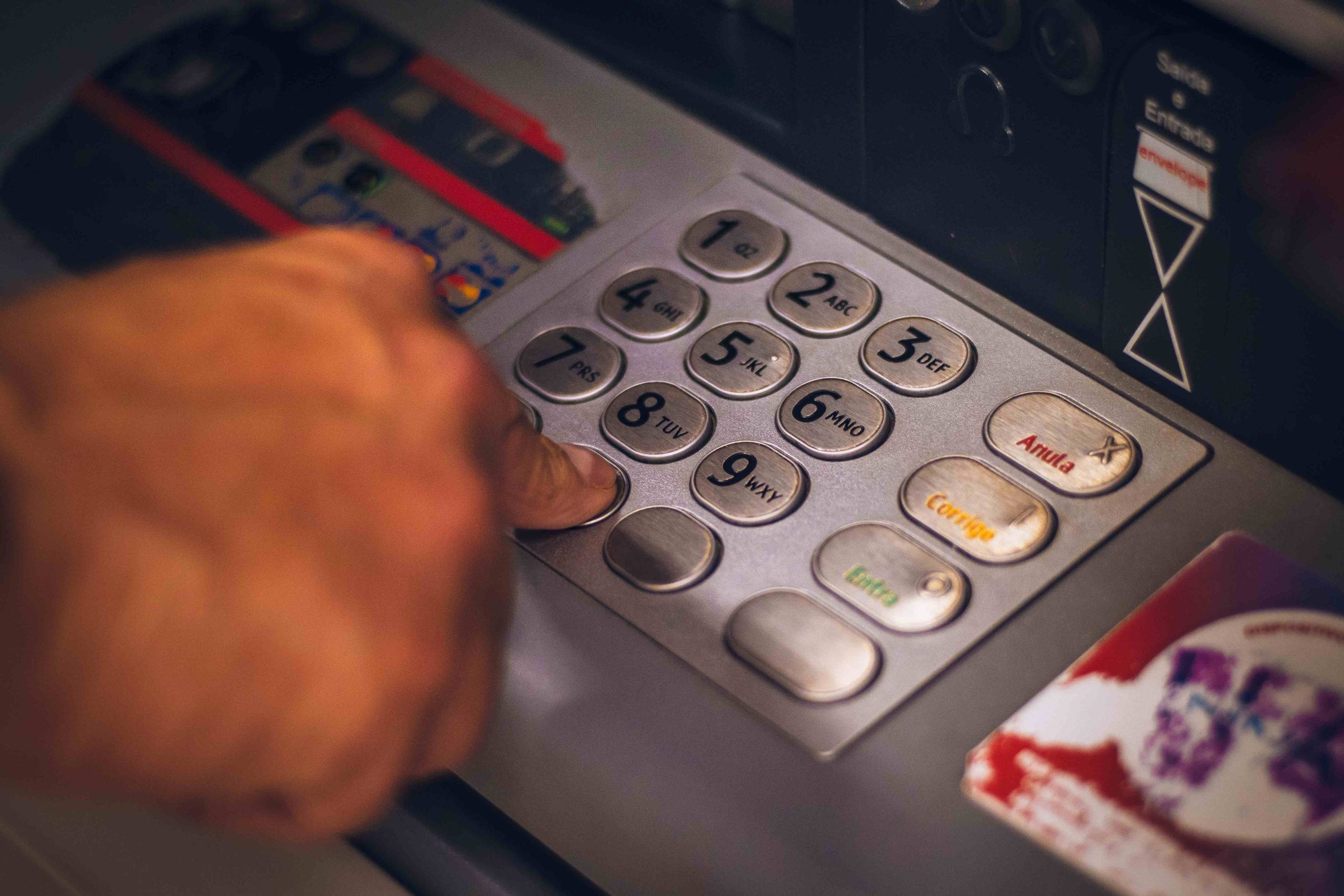An Overview of Setting Up a Bank Account in Germany
Setting up a bank account in Germany is a straightforward process, which usually requires only a passport, an initial deposit, and sometimes proof of a German address. The most common type of account is the Girokonto (checking account), with a variety of banks offering different services and fees. Once an account is opened, the bank issues an EC (electronic cash) card, which can be used at ATMs or for payment in shops.
In this article, we will explore the process of banking in Germany, the various types of banks and financial services they offer, types of payment methods, and additional services that cater to expatriates and foreigners living in the country. To get an idea of the many different providers you can check out Beyondo.
The Different Types of German Banks and Their Services
There are several types of banks within Germany, each catering to different needs and offering a range of services at varying fees. These banks include:
- Public sector commercial banks
- Savings banks (Sparkassen)
- Credit cooperatives (Volksbanken and Raiffeisenbanken)
- Private banks
Each type of bank offers a Girokonto (checking account), which serves as the foundation for various banking transactions and services. In addition to checking accounts, German banks provide a wide range of financial services, including but not limited to:
- Currency exchange
- Stock and bond purchases
- Insurance services
- Portfolio and asset management
- Mortgages and real estate purchases
- Global electronic transfers
It is essential to note that withdrawing money from a Geldautomat (ATM) belonging to a different bank than your own may result in additional fees. Fortunately, ATMs are available in numerous locations and are interconnected, ensuring convenient access to cash.
Online Banking and Security
German banks offer online banking services that require users to have secure PIN and TAN numbers for accessing their accounts. These identifiers provide an added layer of security, preventing unauthorized access to customers’ accounts. Various banks also utilize additional authentication methods for safe online transactions.
Payment Methods and Options
In Germany, several payment methods cater to different needs. These include:
- Überweisung (transfer): The most common way to pay bills, requiring the payer to send money from their account to another party’s account.
- Dauerauftrag (standing order): A recurring fixed payment made for a specified period, such as monthly rent or utility bills.
- Einzugsermächtigung (direct debit): An authorization given to a third party, enabling them to withdraw money directly from the payer’s account, often for variable expenses like mobile phone bills and subscriptions.
Besides these typical payment methods, German banks offer credit cards, which are becoming more widely accepted in the country. Credit cards are a convenient payment option for both online and in-person transactions.
International Desks for English-Speaking Expatriates
German banks, especially major ones, have International Desks dedicated to catering to English-speaking expatriates living in Germany. These desks provide assistance with overseas transactions, portfolio and asset management, and other financial services targeted towards the needs of foreigners in the country. Banks in Germany are typically open on weekdays from 8:30 a.m. to 4 p.m., with some closing during lunchtime.
Using the Euro in Germany
The euro is the common currency used by over 335 million Europeans across 20 countries, including Germany. Seven banknotes and eight coins of varying colors and sizes make up the euro currency.
Banknotes depict windows, doors, and bridges to avoid association with any particular country. In contrast, the coins’ reverse sides have unique designs for each nation but are usable across all countries that recognize the euro as their official currency. This common currency facilitates smooth financial transactions within the Eurozone, making it simpler for expatriates and travelers alike to manage their finances while in Germany.
In Conclusion
Banking in Germany is an uncomplicated process, with several types of banks offering a range of financial services and payment methods to cater to residents and expatriates alike. The interconnected ATM system and online banking services ensure convenient access to funds and manage transactions securely. With the help of International Desks and the widespread use of the euro across 20 countries, Germany provides a user-friendly banking experience for both locals and foreigners in the country.






